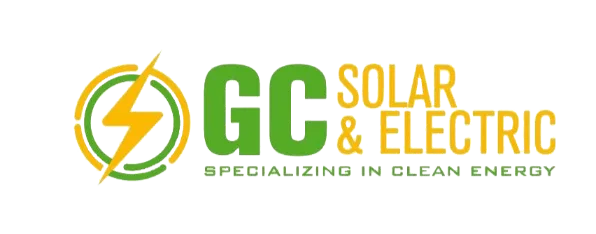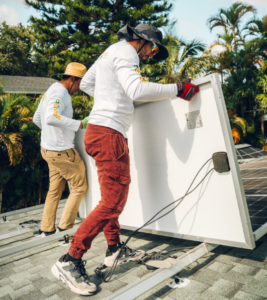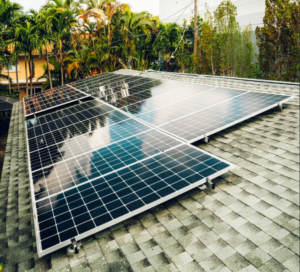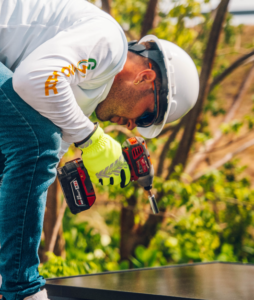
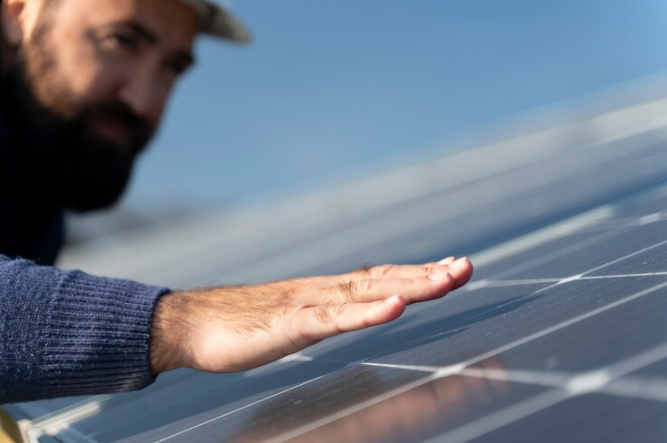
Rain: Nature’s Cleanser
When it comes to keeping solar panels clean, rain emerges as a crucial ally. As it cascades down the surface of the panels, rainwater effectively washes away dirt, dust, and other impurities that may accumulate over time. This natural cleansing process helps maintain optimal sunlight absorption, ensuring that solar panels operate at peak efficiency. However, while rain can be beneficial for panel cleanliness, it’s essential to consider its frequency and intensity.
In regions where rainfall is infrequent, such as arid climates or during prolonged dry spells, dust and debris may accumulate more rapidly on solar panels. In contrast, areas prone to heavy rainfall may experience issues with runoff, which can leave behind streaks or mineral deposits on the panels’ surface. Therefore, while rain provides a natural cleaning mechanism, periodic inspection and maintenance remain imperative to address any residue left behind.
Beyond Rain: Environmental Influences
While rain plays a significant role, other natural factors also impact the cleanliness and performance of solar panels. Dust, pollen, and airborne particles can settle on the surface, creating a barrier that diminishes sunlight absorption. Additionally, bird droppings and other organic matter may accumulate, further obstructing the panels and reducing their efficiency over time.
Furthermore, environmental elements such as humidity and temperature fluctuations can contribute to the formation of condensation or dew on the panels’ surface. While these phenomena are generally transient, prolonged exposure to moisture can foster the growth of mold or algae, which can compromise both the appearance and functionality of solar panels.
Maintaining Optimal Performance
To ensure the longevity and efficiency of solar panels, regular maintenance is essential. This includes routine cleaning to remove dirt, debris, and any other contaminants that may hinder performance. Additionally, inspections should be conducted to identify any signs of damage or wear, such as cracked glass or loose connections, which can affect the panels’ functionality.
For homeowners and businesses seeking to harness the benefits of solar energy, investing in professional solar installation and maintenance services is paramount. Firms like GC Solar & Electric specialize in maintenance, solar installation and re-installation in Miami, offering expertise in designing and optimizing solar systems for maximum efficiency. With their knowledge and experience, they can ensure that solar panels are installed correctly and maintained to withstand the rigors of the climate.
While solar panels offer a sustainable solution for generating clean energy, their performance is intricately linked to environmental factors such as rain and other natural elements. By understanding the impact of these influences and implementing proactive maintenance measures, individuals and businesses can optimize the efficiency and longevity of their solar panel systems, contributing to a greener future powered by solar energy.
